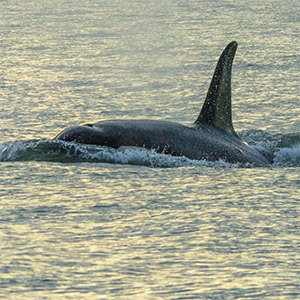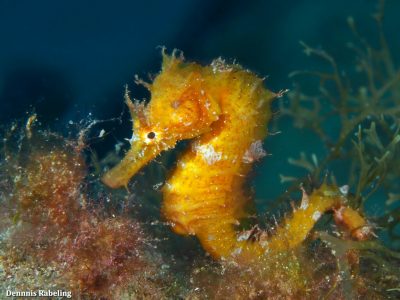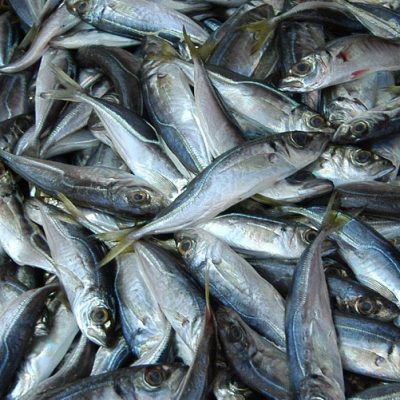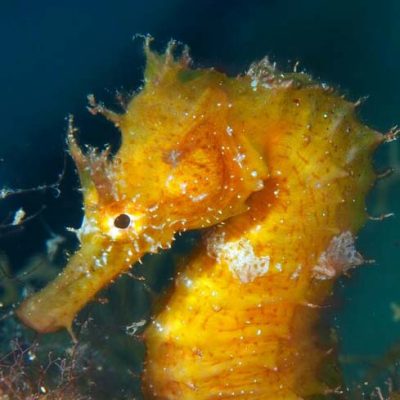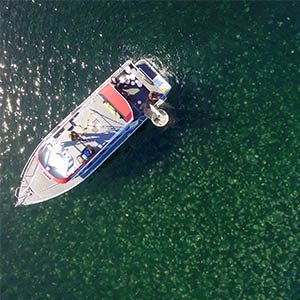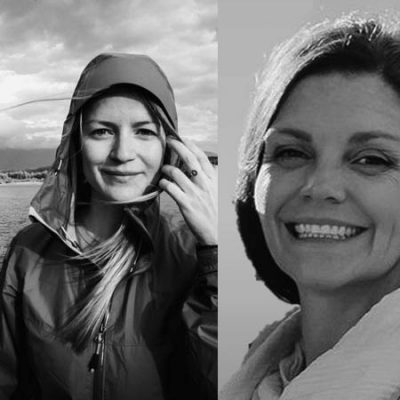Illustrated catalogue with local artwork showcases the Transient Killer Whales of Central and Northern California and Oregon – the ‘wolves of the sea’
Science is not just for scientists. Citizen science has been instrumental in helping us understand more about the elusive, but majestic, transient killer whales.
New FCRR: Comprehensive review of advances in life history knowledge for 35 seahorse species, drawn from community science
In this Fisheries Centre Research Report the authors have undertaken the task of synthesizing and analyzing data contributed to the iSeahorse community science project.
Teenage orcas could be roughhousing with boats off the coast of Spain
Killer whales are in the news for sinking boats off the coast of Spain.
Keep growing – Fish’s growth is not reduced by spawning
Contrary to what is stated in biology textbooks, the growth of fish doesn’t slow down when and because they start spawning. In fact, their growth accelerates after they reproduce, according to a new article published in Science.
Global seahorse conservation platform celebrates citizen science milestone
Dennis Rabeling’s observation of the short-snouted seahorse (Hippocampus hippocampus) species, was citizen community science platform iSeahorse’s 10,000th observation.
Jellyfish size might influence their nutritional value, UBC study finds
Researchers confirmed what was already known: jellyfish eat bigger prey as they grow, which means they also occupy a higher position in the food web as they grow. They also found that some of the concentrations of ‘healthy fats,’ increase as jellyfish grow. These changes might be influenced by their diet, and as they feed on bigger prey with higher levels of fatty acids, the jellyfish accumulate more of these fatty acids.
Food quality matters for southern resident killer whales, UBC study states
If southern resident killer whales ate just low-lipid salmon, they would have to eat around 80,000 more Chinook salmon every year than if they just ate high-lipid salmon.
Explorers among us
Assistant professor Dr. Andrea Reid, and postdoctoral fellow, Dr. Harmony Martell, joined the Explorers Club 50, class of 2023.
Op-ed: To Prove its Climate and Biodiversity Ambitions the EU Must Protect the Ocean’s Carbon Engineers
An op-ed article by Drs. William Cheung and Rashid Sumaila regarding the UN Convention on Biological Diversity, or COP15, that is currently taking place opened in Montreal.
Kx Spotlight – Collaboration, the key to fighting climate change
With partnerships spanning across disciplines, sectors and borders, and with academics and non-academics (including Indigenous communities, NGOs, policy makers, businesses and media) collaboration is at the centre of their work.
